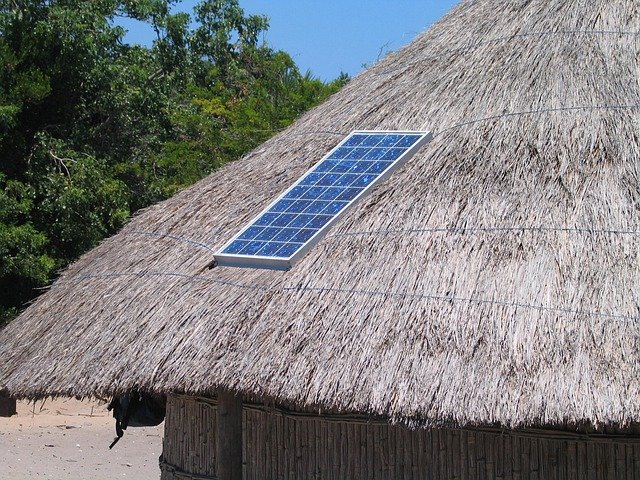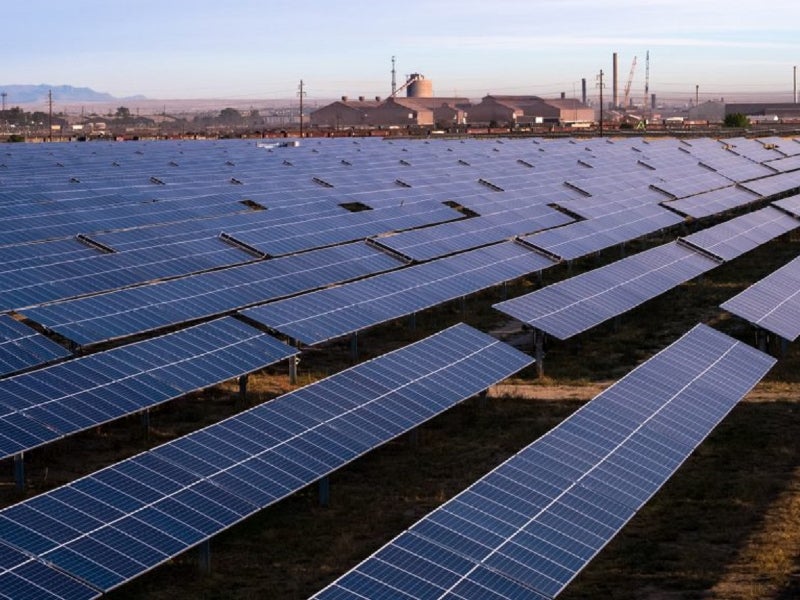
Nevada's solar energy regulations are important. Nevada offers a state rebate program that can pay a lump amount or a percentage of the total cost. While you'll need to fill out paperwork to qualify for the rebate, most solar installers will take care of this. Make sure you hire a solar installer who is experienced in these matters.
Net metering
Net metering in Nevada is the transfer of clean electricity from solar systems to your utility company for credit on your electric bills. Since 1997, the program allows homeowners and businesses to store excess electricity for later use or return it to the utility to receive a credit. This program can help you save thousands of dollars and offset most of the electric bill if there is enough solar power.
Net metering is required by law in Nevada, so your local utility company must offer it. This compensation is at a minimum of 75 percent of the retail rate and decreases as more customers start installing solar. This means that the payback time for solar installations in Nevada can be up to 16 years, but the rate will continue to decrease as more customers install solar.
Community-based solar programs
Nevada's community-based projects for solar energy are promising. The current cost of installing solar panels onto a roof can range from $10,000 to $15,000. Nevadans can't afford to spend that much on solar panels for their roofs, particularly low-income residents who usually rent and don’t have rooftop space to put them up. So the state is investigating incentives to make it more affordable.

The Valley Electric Association in Pahrump has a 15-megawatt project. The project will be free to members of the cooperative and should be up and running by July 2016. MDU Resources Group (Nevada) is the responsible for the contract's long-haul power purchase. VEA is collaborating. Members of VEA will be able to use this renewable energy for their homes and businesses at a price far below the average price charged by traditional electric companies.
Tax credits
Nevada has many tax credits that can be used to finance solar and other renewable energy. The best place to find out about these credits is DSIRE. This website, which is maintained by N.C. Clean Energy Technology Center (NC State University), is a complete resource. The state offers a program that lets you sell your excess power back to your utility.
The state has a strong and rigorous renewable portfolio standard (RPS), that requires utilities to generate more renewable energy. They also have to purchase some renewable energy from customers. They often offer solar incentives as well as solar carveouts to help meet this mandate.
Legality
A recent legislation in Nevada has made solar power legal in the state. The law allows homeowners who have rooftop solar systems to sell their excess electricity to their utility. The rate is currently 95% of retail. However the price will fall as more rooftop solar system are installed. Additionally, the legislation provides new homeowner protections. For example the net metering rate is guaranteed for 20 year.
But this policy has its downsides. Utility companies aren’t keen on net metering which allows customers to sell excess solar electricity to them at retail prices. This is because utilities receive some of the money to maintain the electric network. The state's utilities also claim that solar customers don’t pay fair share of the costs.

Prices
If you don't have enough cash upfront to purchase solar panels but want to save money over the long-term, a Nevada solar lease is an excellent option. A solar lease in Nevada typically has a payback period of eight to fourteen years. This payback period is calculated with a simple payback formula. It divides power costs by annual electricity production. To equalize the price of power at current prices, it takes one year of electricity savings. It is important that you carefully calculate the costs of solar lease in Nevada.
Federal Investment Tax Credit, also known as the Federal Investment Tax Credit (FITC), is a tax credit you can use to offset costs associated with installing solar panels. You can get the credit up to 30% off the cost of solar panels if you only install 10-kW systems. NV Energy's Renewable Generations Rebate Program is available to help reduce your solar installation costs. You can get up to $13,500 in rebates when you install a solar panel system.